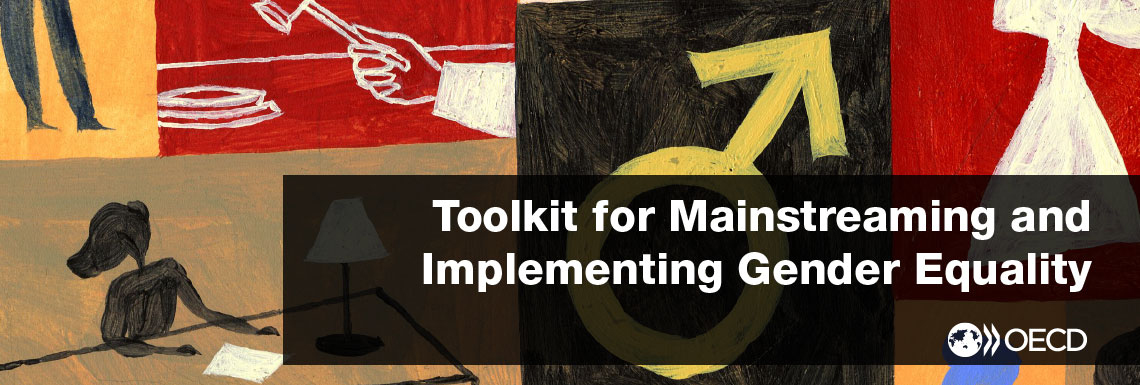Internal gender mainstreaming outputs and outcomes are monitored
SELF-ASSESSMENT QUESTION
- How does the parliament facilitate oversight of its internal gender mainstreaming agenda?
WHY IS IT IMPORTANT?
It is crucial to carry out regular monitoring and evaluation of gender mainstreaming and gender equality implementation to identify successes and achievements, pinpoint continuing gaps and challenges, and hold different actors accountable for specific gender mainstreaming actions. Gender equality mechanisms should also regularly engage in self-assessment (or commission external experts to conduct an evaluation) of how effective they are in promoting gender mainstreaming. Internal oversight provides an opportunity for the parliament to reflect on the gendered nature of the institution and identify innovative ways forward.
Internal monitoring and evaluation through regular gender audits or assessments can help assess institutional progress towards achieving a more gender-friendly working culture. Such audits should examine both the effectiveness of formal procedures in promoting gender equality as well as whether informal practices challenge or reinforce gender-based stereotypes.
Internal consultation is also critical; engaging with parliamentary representatives and staff can help publicise gender mainstreaming efforts, build buy-in and produce new ideas and perspectives.
Institutions and gender equality mechanisms should also celebrate and publicise their achievements, such as in in annual reports, on the government or parliamentary website, via newsletters or promotional materials or through partnerships with the media or academia.
ACTIONS TO CONSIDER
- Performing internal gender audits to assess successes and challenges in implementing the gender mainstreaming policy;
- Securing the buy-in and, where possible, participation of leadership in assessment processes to serve as gender ‘champions’;
- Consulting a broad range of internal and external stakeholders to collect a diverse range of views and good practices;
- Ensuring that men occupying a range of positions are engaged in the process;
- Specifically identifying remaining gaps or unintended consequences of policy implementation;
- Widely disseminating audit findings;
- Creating channels for gender audit findings to fed into existing policies in order to further strengthen implementation and outcomes;
- Celebrating and promoting gender mainstreaming achievements as shared parliamentary accomplishments;
- Encouraging parliamentary leadership to assume ownership for gender audit results.
PITFALLS TO AVOID
- Limited to engage men or key external interlocutors in internal oversight processes or dismissing their views;
- Insufficient support and buy-in of parliamentary leadership Insufficient engagement of political party leaders in the assessment process;
- Insufficient use of gender audit findings to inform parliamentary gender and other policies.
COUNTRY EXAMPLES
Sweden
In the Lower House of the Swedish parliament, a gender perspective has been integrated into performance audits in order to assess progress towards broader parliamentary outputs and outcomes.
Chile
The Chilean parliament in turn undertook a gender self-assessment, driven by the parliamentary library, which undertook baseline research to determine the number of women and men in different parliamentary positions, including in leadership committees and the Secretariat; an assessment of the rules procedure, gender-related parliamentary policies and existing gender equality legislation; a review of national policies and plans, including the constitution; reports from international treaty bodies, including the CEDAW Committee; and a review of women’s representation in political parties. These studies formed the basis of the self-assessment process and were provided to all participants as a means of framing the discussions and to clearly identifying gaps, challenges and opportunities for enhanced gender mainstreaming within the parliament.
United Kingdom
In 2015, the parliament of the United Kingdom commissioned a report, entitled The Good Parliament, which contains 43 recommendations. Following the report, a “Commons Reference Group on Representation and Inclusion”, formally led by the Speaker, has been established to develop a programme of action and lead reform initiatives. Likewise, in 2010, an interdisciplinary expert commission was established to present the first report on gender equality to the German parliament. The commission collected data, highlighted areas of progress and identified actions to guide the way forward.

